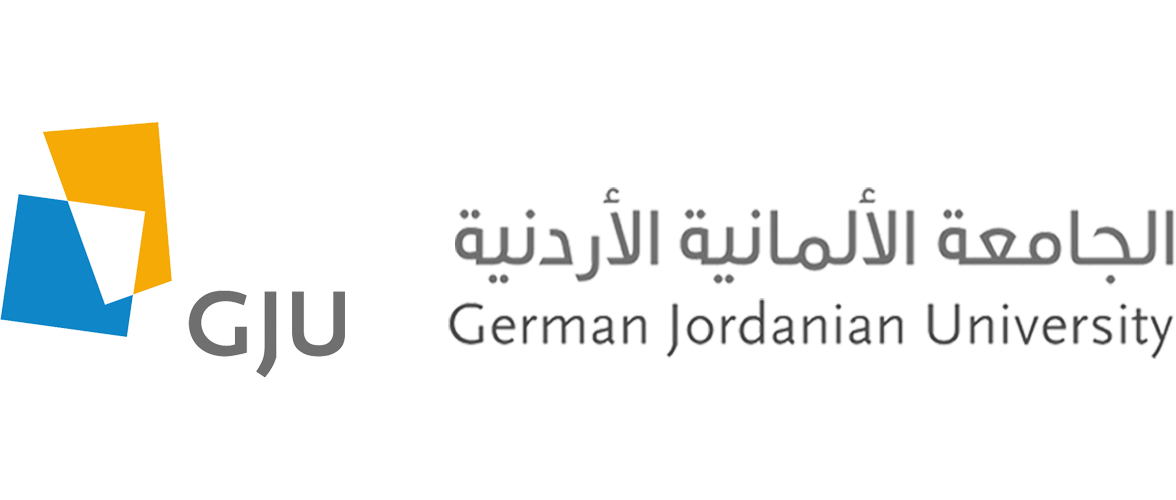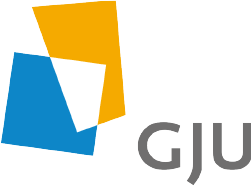On May 6th, 2020 German and English for Business Communication (GEBC) Student Mireille Wurdem at the School of Applied Humanities and Languages (SAHL) conducted an online interview with the political expert Dr. Bader Madi using the ZOOM application in order to collect data for her Bachelor project entitled “The Adequacy of Funds/Aids Provided to Jordan for Hosting Syrian Refugees.”
In light of the COVID-19 outbreak, the traditional methods of collecting data have been changed in order to adapt to the current pandemic crisis. As result, SAHL has welcomed this new method of communication by viewing this change in data collection as the new culture of research which perfectly adheres to the social-distancing measures imposed by the government.
SAHL is constantly urging students to make the best of the available resources they have and learn new methods of research, especially when collecting without face-to-face contact with their participants. Consequently, the COVID-19 crisis has opened the door for SAHL students to learn how to work more remotely where students are now re-designing their projects while taking into account social-distancing measures.
Since qualitative research depends on face-to-face communication for data collection through interviews, focus groups and field work, SAHL has proposed that students transition to adopting techniques that enable them to generate data by themselves and to use sample data from available online books and journals and magazine which are found on GJU’s Library’s online database accessible off-campus.
Using the Zoom application as an alternative method to the standard interview method, GEBC student Mireille Wurdem has expressed how satisfied she is in being able to get all her questions answered in detail and smoothly interact with her expert interviewee Dr. Bader Madi. Therefore, SAHL is happy that its students will manage to complete their graduation projects on time despite the unfortunate crisis the country is going through.

